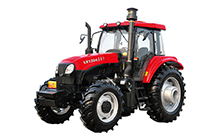Passenger
vehicles
Bus Growing Demand
Rapid urbanization and growing populations are pressing for better transportation options. Buses have emerged as an important solution, bridging the gaps between communities and providing a cost-effective way to transport people from one place to another. With urban sprawl and suburban development, there is an increasing demand for short- and long-distance buses.
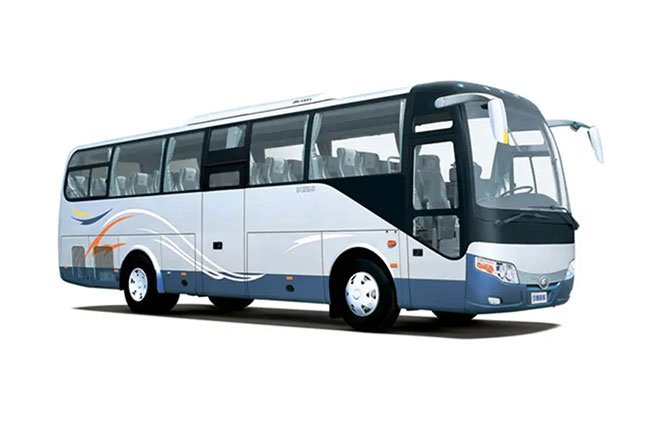
Different types of buses for sale in South Africa
Minibus
Small buses with 9-24 seats are compact and flexible, making them ideal for navigating congested city streets and tight spaces. Buses for sale in South Africa are typically used for short commutes and business trips, making them an essential part of urban transport.
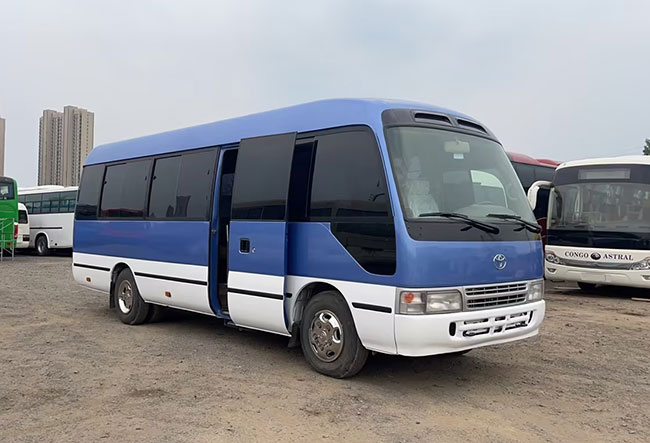
Medium Bus
Medium-sized buses with 25-45 seats strike a balance between compactness and capacity. They have more seats than minibuses and are typically used for sightseeing and town transport, providing passenger comfort without sacrificing mobility.
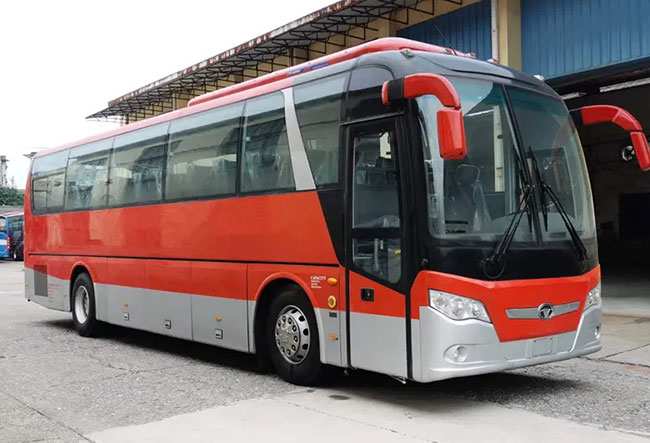
Coach Bus
For long-distance travel and intercity routes, coaches with 45-65 seats are the best choice. These buses offer a higher level of comfort and are equipped with facilities suitable for passengers traveling long distances. Buses for sale in South Africa is a popular choice for tour groups.
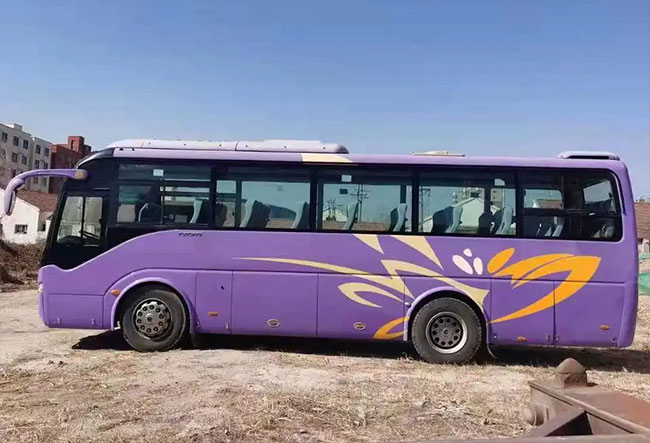
Articulated bus
Articulated buses, also known as "curved buses," are designed to carry large numbers of passengers on high-demand routes. With their unique joint structure, they can provide greater capacity without compromising the capacity of city streets.
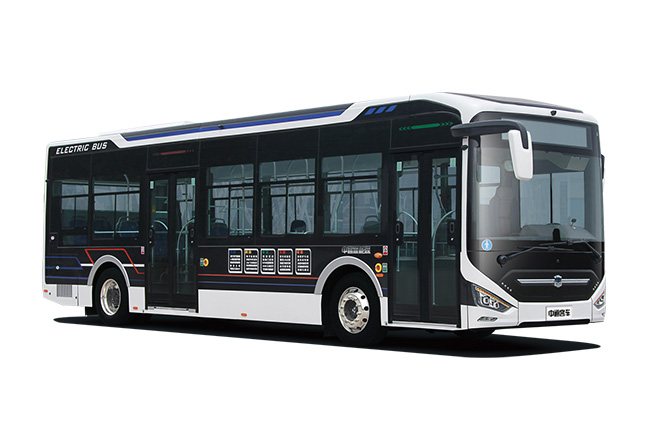
Bus Purchase Notes
When buying a bus, whether new or used, there are a few key factors to consider:
1. Budget
Determining your budget is the first step. Buses come in a variety of prices, and knowing your financial constraints will help you narrow down your options.
2. Passenger capacity
Consider the number of passengers you plan to take on a regular basis. Choosing a bus with the appropriate number of seats will ensure a comfortable and safe journey for everyone on board.
3. Fuel efficiency
In an era when environmental awareness is paramount, fuel efficiency is a key factor. Choosing more fuel-efficient buses not only reduces operating costs, but also contributes to a greener environment.
4. Benefits to the enterprise
Investing in transit can provide business owners with numerous benefits:
Coaches provide a more organized and efficient means of transportation for employees, customers or goods.
If your business involves transportation services, investing in coaches can open up new revenue streams by offering charter services or partnering with other businesses to meet transportation needs.
Owning a fleet of buses gives you the flexibility to adapt to changing transportation needs and market demands because you have greater control over the availability and scheduling of your transportation services.
5. Generate income
Operating bus lines can be a steady source of income, especially in areas with high public transit demand. For entrepreneurs, this is a valuable business opportunity.
6. Travel and charter flights
Buses play a vital role in the tourism industry, providing transportation for sightseeing tours and group tours. Offering charter services can also open up additional revenue streams.
7. Diversification
For companies already in the transportation industry, adding buses to their fleet can diversify their services and expand their market reach.
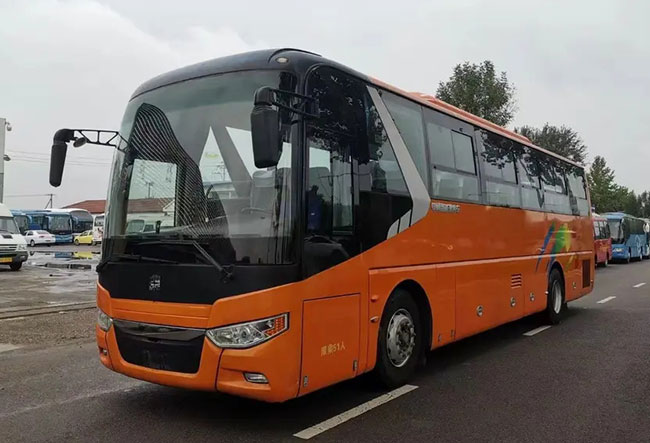
Economic impact
The bus industry makes a significant contribution to the economy:
1. Create job opportunities
The operation of buses requires a range of skilled personnel, including drivers, mechanics and administrators, creating employment and income opportunities.
2. Connectivity
Buses enhance connections between regions and facilitate trade, tourism and cultural exchanges. They play a role in promoting economic growth by facilitating mobility.
Future Trends
The future of buses holds exciting possibilities:
1. Sustainable solutions
The rise of electric and hybrid buses clearly demonstrates the shift towards environmentally friendly transportation options. These innovations aim to reduce emissions and promote sustainable mobility.
2. Technological progress
Advances in technology are transforming the bus industry, with features such as improved connectivity and automated systems becoming more common.
Whether you are a business looking for a new source of income or an easy way to get around, we have a wide range of buses to suit every need. By considering factors such as budget, passenger capacity and fuel efficiency, you can make informed decisions that meet your goals. The bus industry not only provides practical solutions, but also contributes to economic growth and a more sustainable future.







